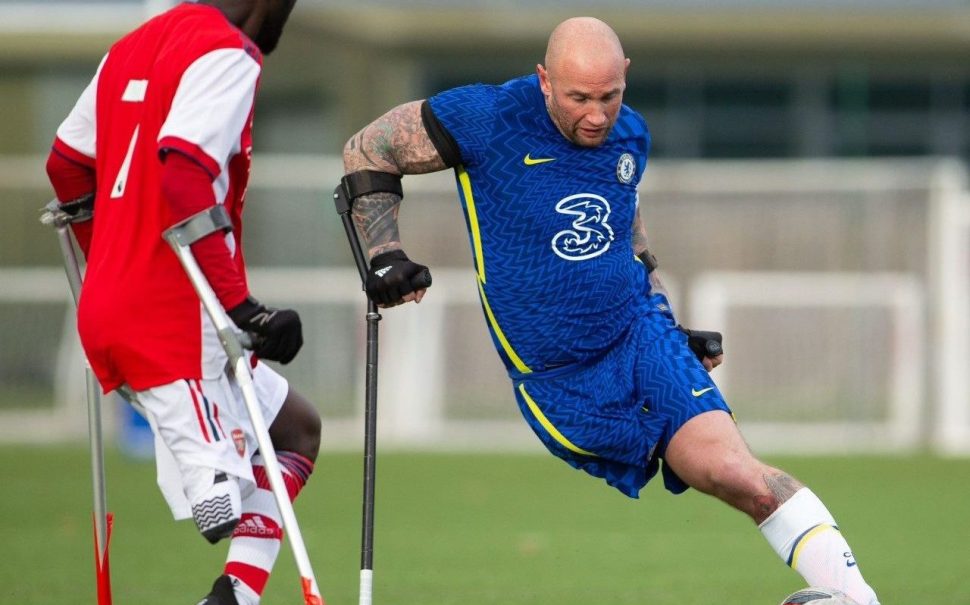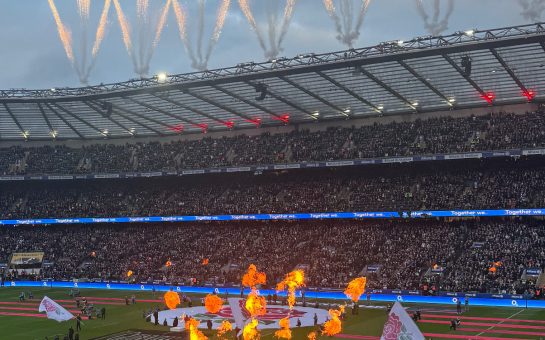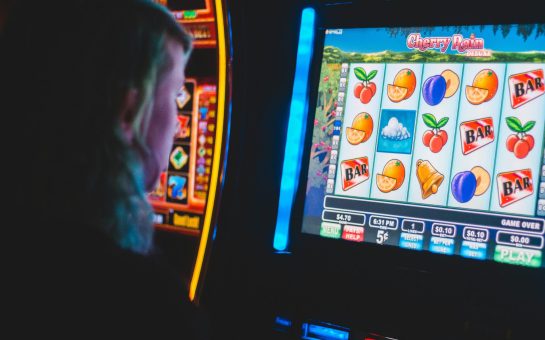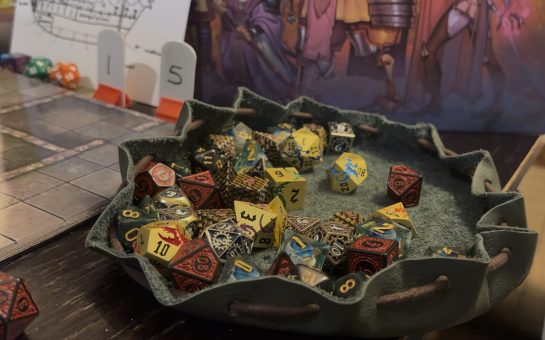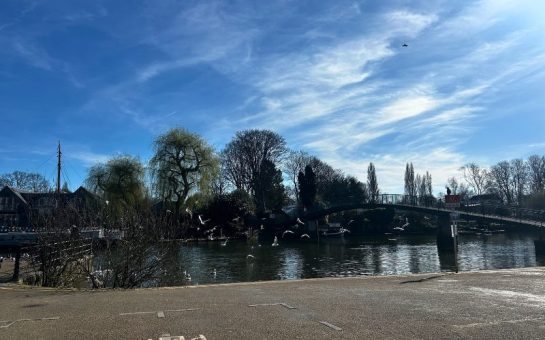An amputee footballer winning the Puskas Award may be the start of a new rise for the sport.
Polish player Marcin Oleksy won with a bicycle kick, beating Richarlison and Dimitri Payet, in what could be a huge boost to raising the awareness and profile of the game.
With the England amputee team also set to move back under the umbrella of the Football Association this summer, current Chelsea captain and England international Mark Smith – who lost his leg in a roadside explosion when he was in the army – feels this is a critical year for the sport.
He said: “Some people have said they see amputee football as more of a participation sport.
“But now people are starting to see it on BT Sport and seeing the goal scored to win the Puskas and thinking these lads can play football.
“Everyone that comes to watch can’t believe how fast, how aggressive, how physical and how technical it is.”
England have had success in recent years, reaching the final of Euro 2017 and qualifying for the last two World Cups in Mexico and Turkey, despite the team not being professional and suffering from a lack of funding compared to their rivals.
Smith, who has appeared twice for England to date, feels it is the lack of funding and not quality that is preventing England from closing the gap on leading nations Turkey and Poland.
Turkey hosted the World Cup last year with the games being played in stadiums, which doesn’t happen in England, while back in 2017 England got to the final of the Euros against Turkey, which was played in front of 41,000 people.
Smith said: “In terms of calibre, ability and talent we have some absolutely outstanding players in England.
“But Turkey and Poland are the trail blazers in amputee football. They are professional, have professional leagues, paid players, train five days a week, their internationals camps are three weeks at a time and their games are televised.
“When you look at what they offer their teams it’s the exposure that they receive that is impressive.”
Smith also emphasised a big gap between sponsorship and funding with the leading nations compared to England.
He said: “I don’t feel like the Turkish players are better. They have a better platform and better facilities.
“I think if you put our best players in their facilities and the environment the Turkish players have we are a better team.”
In 2006, the FA dropped their financial support of the national amputee team, citing a lack of consistency in the running of national league fixtures, low participation rates, and the fact that the sport of amputee football didn’t hold Paralympic status as reasons for the decision.
This summer it is set to move back under the umbrella of the FA having been under a separate entity, the England Amputee Football Association, in a move which Smith thinks could have big positives.
He said: “If the sport really wants to progress the FA is hopefully going to have all the tools to do that for us.
“At the moment the home of amputee football is in Crewe, whereas we are optimistic we would then be at St George’s Park.
“You look at Football Focus and the other weekend they were covering the deaf and cerebral palsy teams who were up at St George’s for training camps.
“But we don’t get that exposure because we don’t come under the umbrella.
“I think we all really hope that the FA will be the next step to making us a much more recognised sport.”
Amputee football offered Smith a way back into the sport he loves having lost his leg while serving in the army.
He said: “I was playing youth football all the way from seven up until joining the army and then I played for my regiment right up until a few months before I lost my leg, so I’d always loved football.
“I tried amputee football about six months after my amputation and in your head you can still recall what it’s like to play mainstream football and that made it difficult. So I fell out of love with football and resented it for a little while.
“I went into competing in strong man and did that for four years.”
Smith went on to become Britain’s strongest disabled man in 2016 and 2017 excelling in events including truck pulls, atlas stones and deadlifting a car.
He was honest with the fact he had therapy and it was during these sessions he realised he had to get back onto the pitch.
He said: “The one thing that kept coming up was how much I missed football, the camaraderie in the changing rooms, being on the pitch and being in a team, so I sat down with my wife after a few counselling sessions and said I’m going to message a few amputee teams.”
Smith contacted Peterborough United and they invited him down to their next round of fixtures where he was thrown in at the deep end due to a lack of numbers.
He said: “I ended up playing against Arsenal and Brighton that day, still very much weighing and built like a strong man.
“I came home and said ‘I absolutely loved today. That’s it, now I’m going to lose all the strong man weight’.
“So that’s how it came about, it took me to hit rock bottom to finally take that plunge to get back on a football pitch.”
Featured image credit: Jake Kirkman, EAFA photographer
